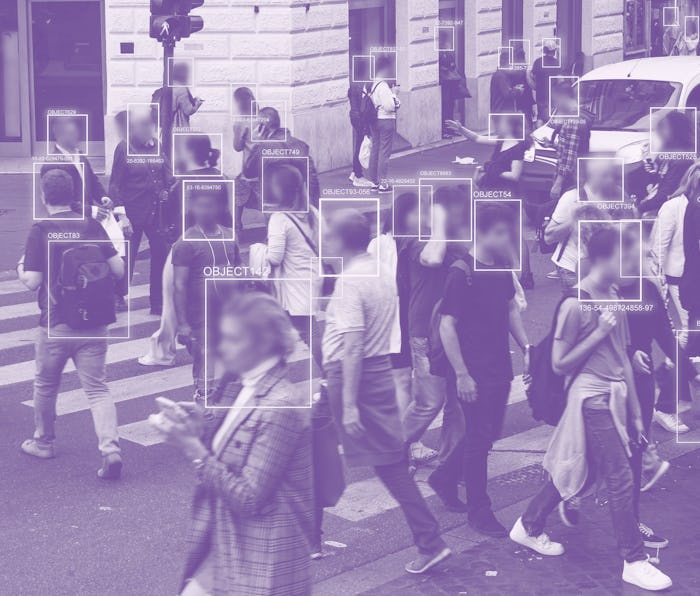Tax Return
The IRS is rethinking selfies for online tax filing after privacy concerns
Unsurprisingly, a recently announced partnership with ID.me did not go over well with the public.

Well, that didn’t last long. Not even two weeks after word got out that the Internal Revenue Service (IRS) would soon require anyone filing taxes through the agency website to supply a photo identification via ID.me, the Treasury Department appears to have read the very discomforted room and adjusted accordingly. Speaking with Bloomberg over the weekend, a spokesperson confirmed that both the Treasury Department and IRS are backpedaling on their ID.me “selfie” plans, while noting (with what we assume was a bit of shade) that “the lack of funding for IRS modernization” still prevents them from designing appropriately secure software in-house, and thus will still likely rely on some kind of third-party contract.
Virtually no one would argue against digital safeguards for such sensitive data as taxpayer filings, but that said, calling upon a third-party company like ID.me to implement notoriously controversial and often unreliable technology like facial recognition can’t be the only solution available. Here’s to hoping whatever the Treasury Department announces next will be a step in the right direction.
A racial bias to rival law enforcement — Apart from many, many other criticisms, it’s easy to envision an IRS partnership with ID.me resulting in some incredibly racist issues. Time and time again, research shows facial recognition technology suffers dramatically from serious racial biases. Suffice to say, our country deals with enough problems along those lines as it is and implementing software prone to similar problems for national tax-filing could easily and quickly become a nightmare for thousands, if not millions, of Americans.
Meanwhile, pay your taxes, billionaires — In the meantime, while we struggle to convince the U.S. government that harvesting millions of selfies via a third-party contractor probably isn’t the best way to get people to pay their taxes, the uber-wealthy continue to hoard their own wealth. While there has been some chatter about reforming tax codes for those who can afford it the most, it looks like the best way to accomplish this goal is to enlist Courtney Love to take care of it for us.